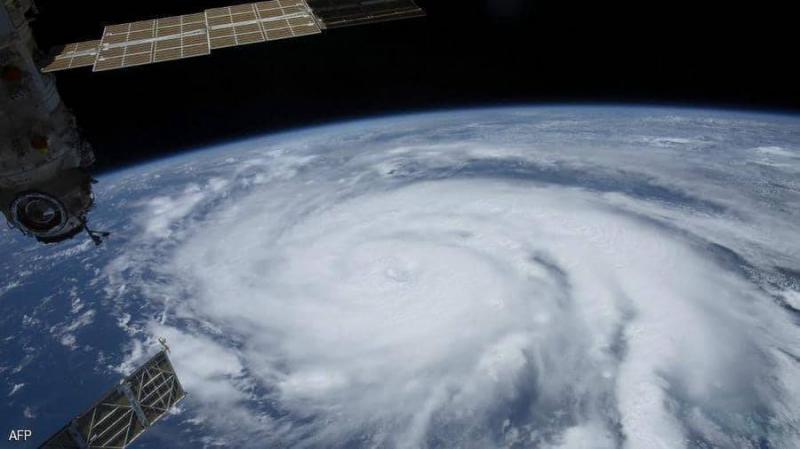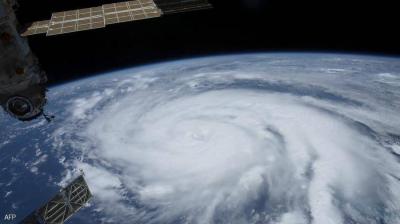Researchers in the field of astronomy have reported that the Earth's rotation is slowing down, despite having accelerated last year, with no known reason for this change. The rotation of the Earth is continuously influenced by the movement of its core, oceans, and atmosphere. According to a report from the scientific news site "Live Science," each day consists of 86,400 seconds, and a "negative leap second" will be necessary in the coming decade; otherwise, our clocks will become unsynchronized.
When the Coordinated Universal Time (UTC)—the official international method for displaying time—deviates by more than 0.4 seconds, our clocks require an adjustment in the form of a "leap second." The last adjustment occurred on New Year's Eve in 2016, when a second was added at 23 hours, 59 minutes, and 59 seconds. According to the U.S. National Institute of Standards and Technology, scientists have added a "leap second" approximately every 18 months on average since 1972.
Scientists are concerned that the Earth could one day become unstable as the moon moves further away from our planet. The journal "Earth, Planets and Space" noted that this phenomenon could disrupt all aspects of our lives, as the gravitational rotation of the Earth and moon affects the sea, sun, mammals, and plant life, as reported by the British newspaper "Daily Star."




